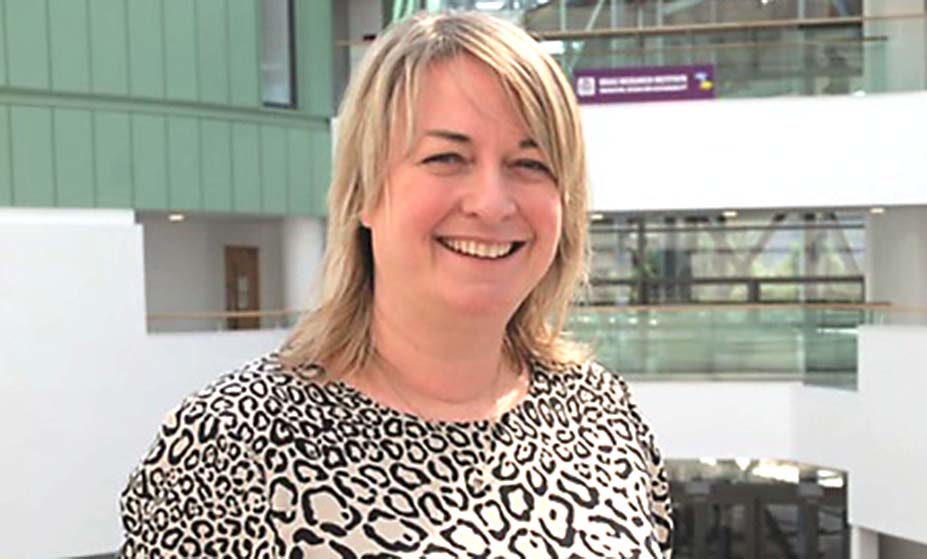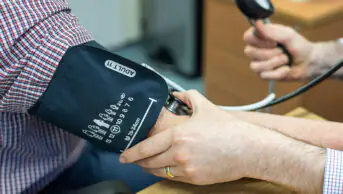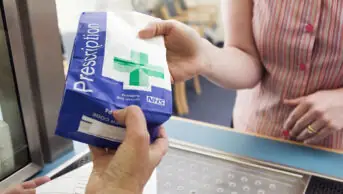
Courtesy of Alison Strath
More funding for pharmacist independent prescriber (IP) training is being rolled out in Scotland to address increased demand for pharmacy services.
NHS Education for Scotland (NES) announced on 6 May 2022 that it would fund 186 training places, in addition to the 244 places that were funded in 2021/2022. This brings the total number of funded places for 2021/2022 to 430. An extra 165 funded places on the National Clinical Skills for Pharmacists Programme — which includes IP training — were made available in the first three months of 2022.
A statement published by NES on 6 May 2022 said that these latest funded places will be given to pharmacists already on the waiting list for a 2021/2022 funded training place.
From 2026, all pharmacists in the UK will be trained as IPs by the time they join the General Pharmaceutical Council register; however, in the meantime, there is a push to increase the number of pharmacist IPs in the existing workforce.
In Scotland, IPs are needed to lead the ‘Pharmacy First Plus’ service — an extended version of the ‘Pharmacy First’ minor ailments scheme, under which pharmacists can treat patients with common clinical conditions who may otherwise have needed referral to another healthcare provider.
According to the NES statement, the expansion of IP training in Scotland is aimed at supporting the rollout of Pharmacy First Plus, as well as the development of pharmacist-led clinics in primary care, under the planned pharmacotherapy service, as well as inpatient and outpatient prescribing in secondary care.
Anne Watson, postgraduate pharmacy dean at NES, said that the additional places “respond to a service need to widen patient access to pharmaceutical services across all sectors of pharmacy practice”.
“Having the appropriate numbers and qualifications in the NHS Workforce will be crucial to support developments for the pharmacy profession and the NHS Scotland Recovery plan,” she added.
“The recognition of the need for prescribing pharmacists to deliver accessible, timely patient care, together with the level of funding awarded, is a real boost for the profession.”
Alison Strath, Scotland’s chief pharmaceutical officer, said: “This additional funding will support our ambitions to build greater clinical capacity and capability, better manage demand, improve safety, and support the redesign of traditional professional roles and boundaries to advance patient care.
“These developments, alongside the advances in the initial education and training of pharmacists, offer a wonderful opportunity to ensure that pharmacists’ specialist knowledge in medicines is utilised to best effect for the health and wellbeing of the people of Scotland.”
Read more: Becoming a pharmacist independent prescriber — eight tips for success


